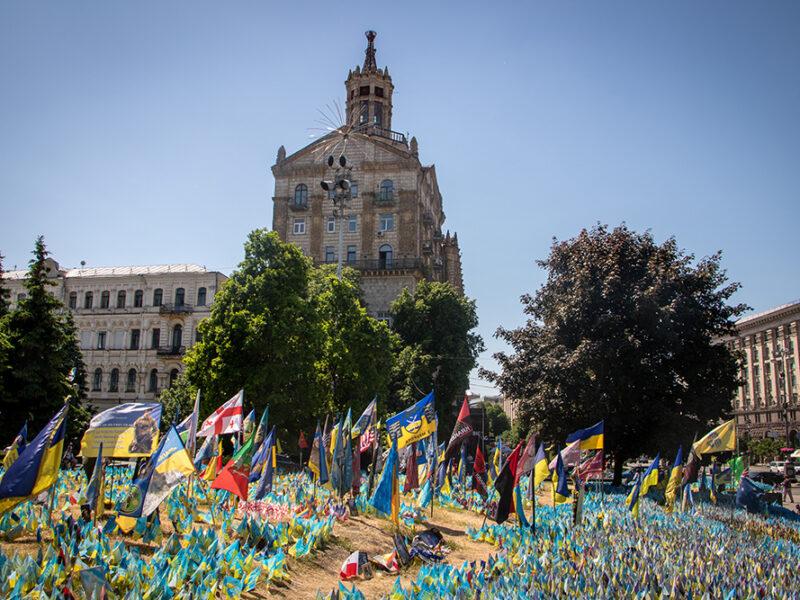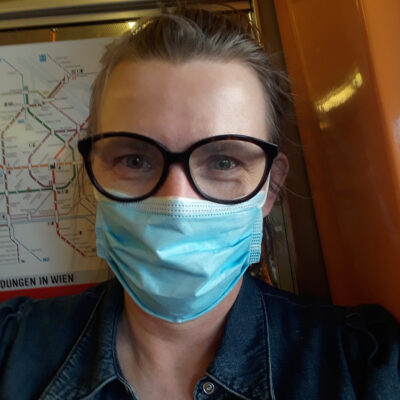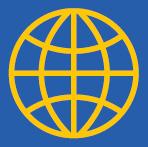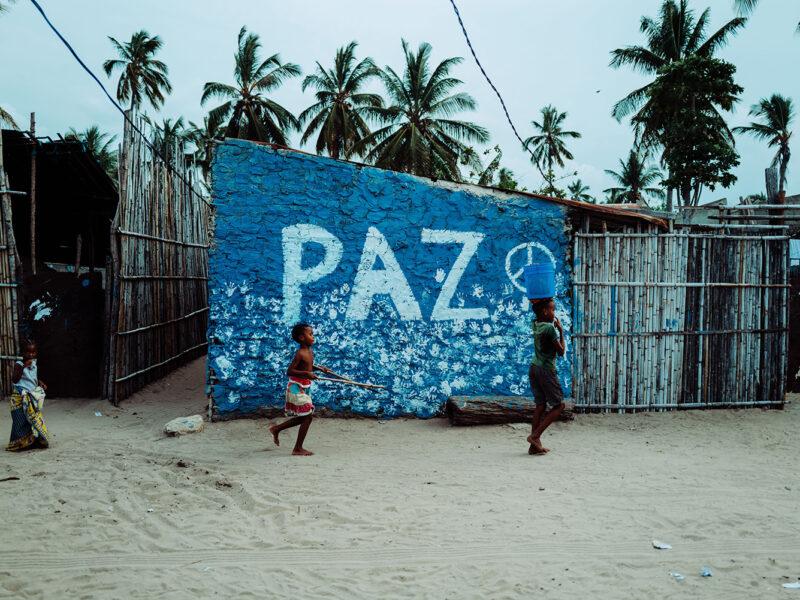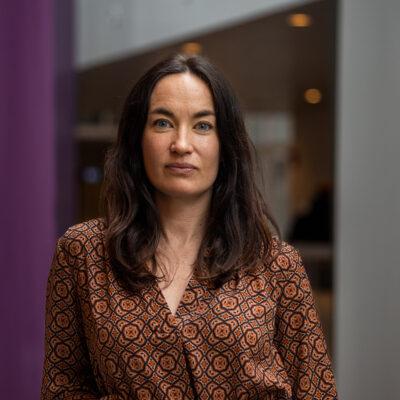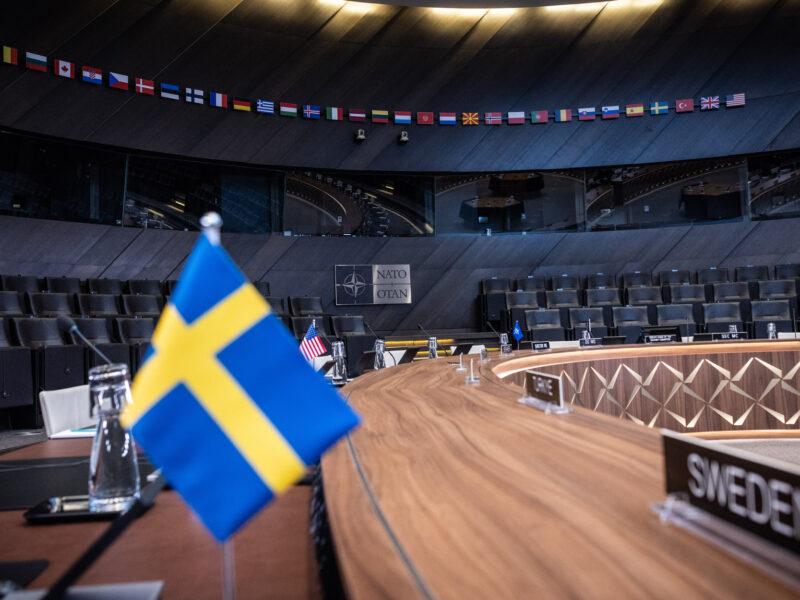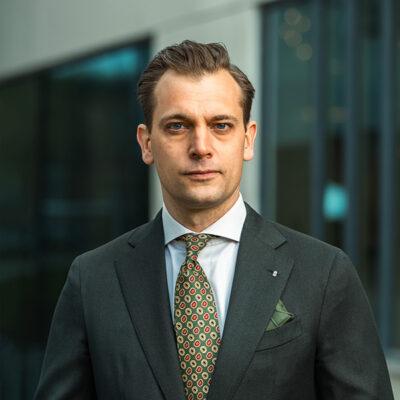COVID-19 shows how media freedom influences people’s lives
It is ironic. I moved to Vienna, one of the safest capitals in the world, only to find my family and myself in lockdown. Borders and schools closed, playgrounds sealed, obligatory mouth masks in the open shops, and strict restrictions for entering the work premises. Still, of course, a large part of the world is worse off.
Shortly after the WHO declared COVID-19 a global pandemic, our office made three times more interventions than it makes on average. I am on deployment from the FBA to work as principal adviser to the OSCE Representative on Freedom of the Media in Vienna, Harlem Désir. This autonomous institution that he is heading has as an early warning function for the OSCE and provides rapid response to serious violations of media freedom, and is also assisting the 57 participating states of the OSCE in their commitment to the furthering of free, independent and pluralistic media in line with international standards.
Unfortunately, the international work for media freedom and safety of journalists has become more urgent in the last 10 years, and more so than ever in these times of crisis. Trusted media can influence and reach out to people faster than public agencies can, and it has become clear that democracy needs the ongoing activities and infrastructure of professional and sustainable media, online and offline.
However, the response to the COVID-19 pandemic has amplified negative tendencies and has had a serious detrimental effect on the enjoyment of a number of human rights. The unavoidable lockdowns have restricted our freedom of movement and cross-border travel. Freedom of association and assembly has been cut, as have privacy rights, through the increasing use of data tracking systems.
From the very beginning of the COVID-19 pandemic, we have witnessed many instances where authorities introduced measures, special legislation, or decrees to restrict the rights of journalists and the media as well as the free flow of information. In addition, we have observed that the health crisis has accelerated trends and tendencies, already developing or existing in some states, towards controlling the flow of information and silencing unwelcome voices. The OSCE Representative on Freedom of the Media has, together with the three other intergovernmental mandate holders for the promotion and protection of freedom of expression, issued guiding principles in a joint statement on the need for the free flow of and access to reliable information on COVID-19.
The situation has also been challenging for media freedom in many other OSCE states. For example, Sweden has identified journalists as being among the professionals of essential value for the society, and there are free discussions in both the media and social platforms on Sweden’s strategy. But at the same time, media pluralism and sustainability are very challenged due to the financial effects of the crisis on media companies, and Offentlighetsjouren, the help desk for journalists of the Swedish Fojo Media Institute, has registered a clear rise in requests for help on COVID-19 related information. Municipalities and county councils withhold the number of infected or dead, the public agency which handles layoff support to companies interprets the Public Transparency Act as not to inform about the recipients of the support, and several authorities have rejected to inform about the lack of protective material, et cetera. All this influences journalists’ possibilities to inform the public and to hold authorities to account.
On the positive side, the crisis has certainly made the important role of independent media and journalism more visible to all. The crisis has also paved the way for making full use of digital technologies among international organizations in an unprecedented way. Normally, in a culture where personal meetings generally are seen as key for achieving results, this change does not come easy. The shock effect of the pandemic has normalized the use of digital workshops, online discussions, and even e-negotiations on international decisions.
Digital methods also mean that people can be invited without the prerequisite of having to be available for travel. Looking back at 2020, I envisage a significant increase in the number of thinkers, specialists from remote regions, future leaders, and in the many brilliant women being able to participate in public debates, when they would otherwise be restricted in their travel due to gendered social values or responsibilities caring for children and the elderly.
av Kristin Olson
